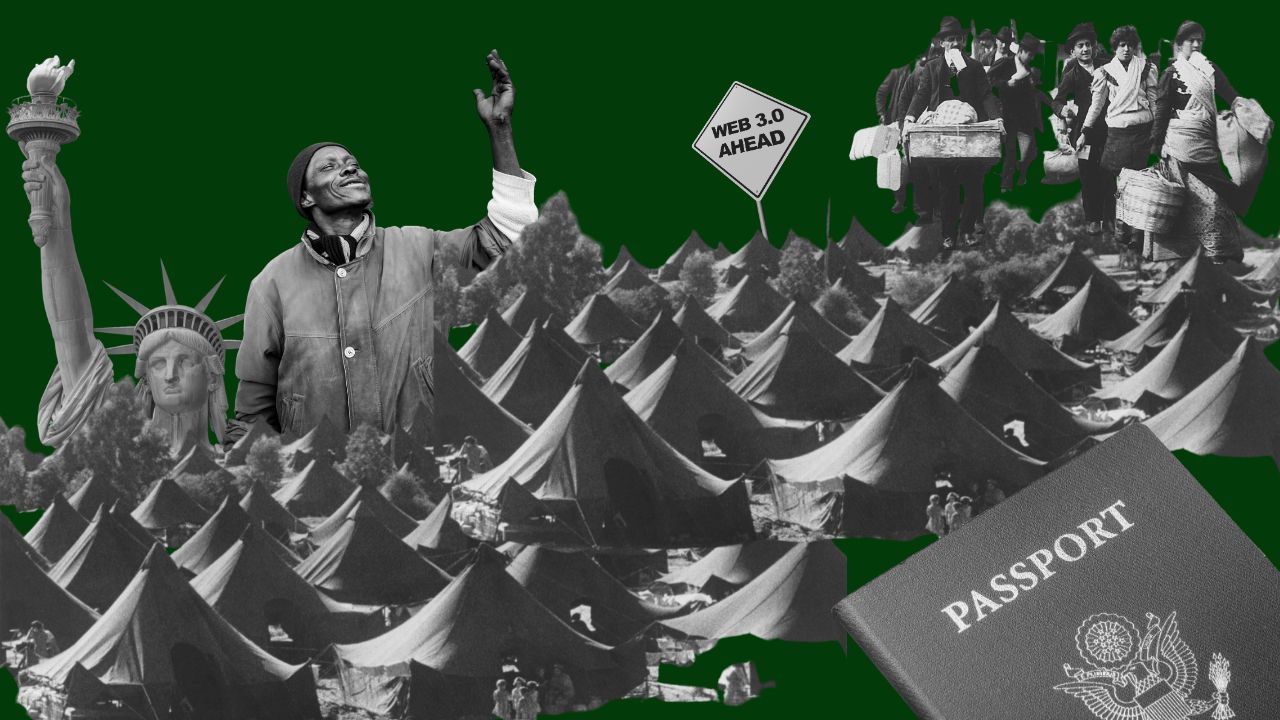494 reads
Web 3.0 and the Semantics of Global Immigration
by
September 16th, 2020
👋 I'm the VP of Growth Marketing here at Hacker Noon. I also make podcasts and write stories.
About Author
👋 I'm the VP of Growth Marketing here at Hacker Noon. I also make podcasts and write stories.
